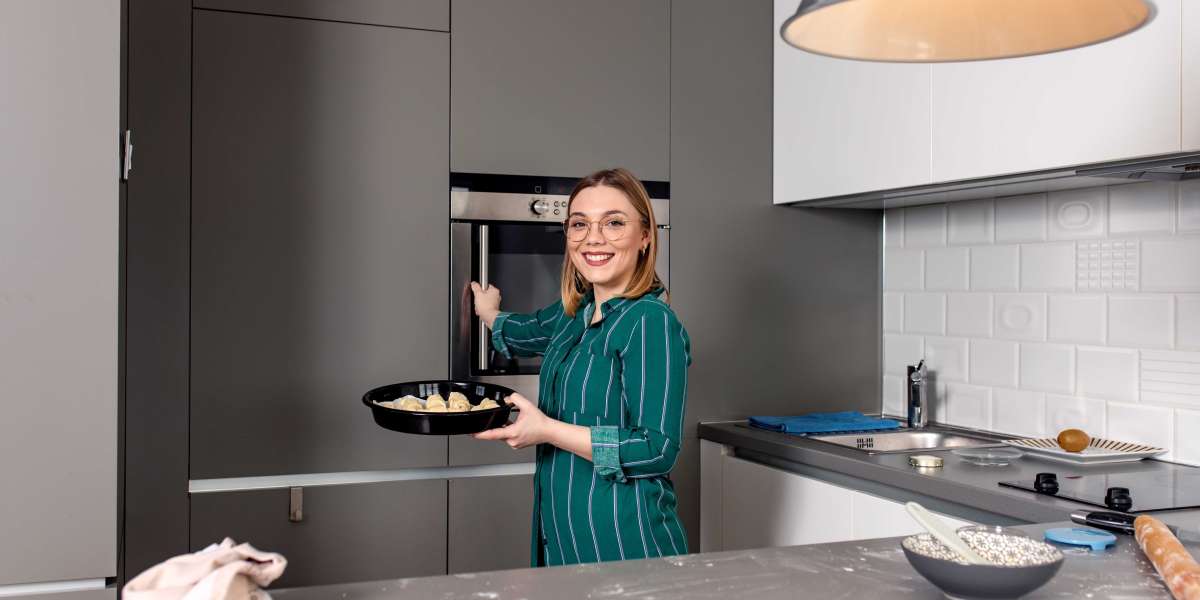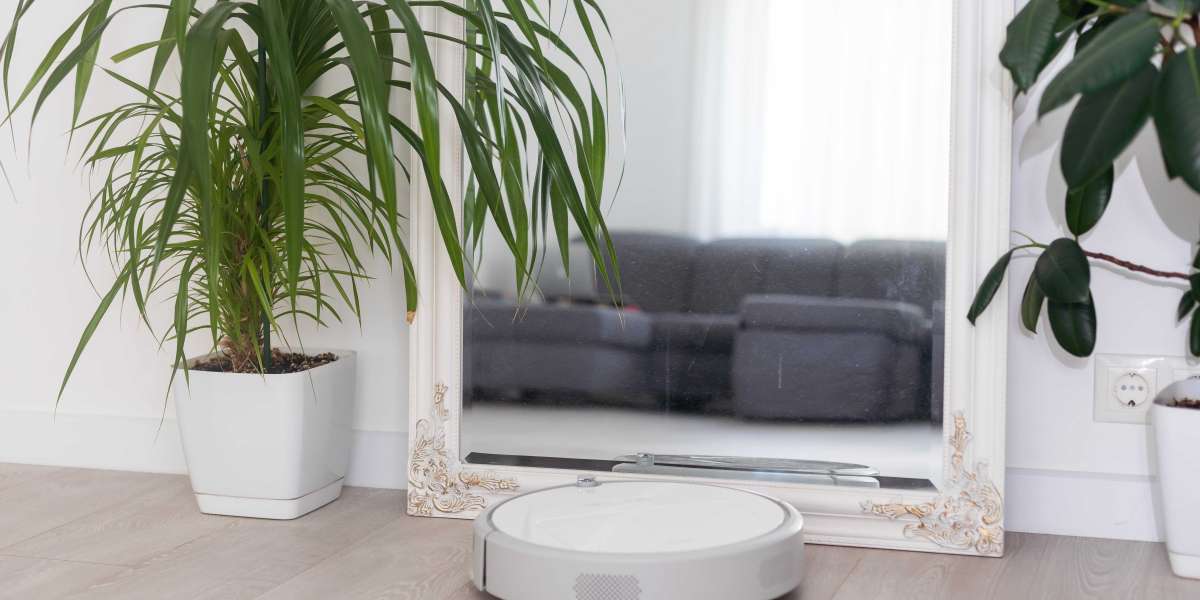The Integrated Cooker: A Comprehensive Guide to Modern Cooking Solutions
The advancement of kitchen appliances has actually transformed food preparation and cooking strategies, making meal preparation more effective and enjoyable. Among these developments, the integrated cooker stands apart as a flexible and space-saving addition to modern kitchens. This article looks into the numerous aspects of integrated cookers, consisting of types, advantages, functions, and a comparison with conventional cooking approaches.

What is an Integrated Cooker?
An integrated cooker is a compact cooking device that integrates multiple cooking functions into one system. Often built into kitchen cabinetry, these cookers are developed to save area while improving kitchen aesthetic appeals. They usually incorporate a range of performances, such as baking, grilling, steaming, and even pressure cooking.

Secret Features of Integrated Cookers
- Multi-Functionality: Integrated cookers can perform numerous cooking jobs, eliminating the requirement for numerous appliances.
- Space-Saving Design: These cookers fit flawlessly into kitchen units, making them ideal for modern-day homes with limited area.
- Advanced Technology: Many integrated cookers come equipped with wise technology, such as programmable settings, touch-screen controls, and connection options.
- Energy Efficiency: Built with modern products and style, they typically consume less energy compared to standard cooking methods.
Kinds Of Integrated Cookers
The market uses various types of integrated cookers, each with its unique set of functions and performances. Here are the most common types:
| Type | Description | Example Use |
|---|---|---|
| Built-in Ovens | Ovens that are suited wall systems or cabinetry | Baking bread, roasting meats |
| Induction Hobs | Cooktops that utilize electro-magnetic energy to heat pots and pans | Rapidly boiling water, sautéing |
| Steam Ovens | Appliances that prepare food utilizing steam for healthier outcomes | Steaming vegetables, fish |
| Microwave Ovens | Integrated microwaves for fast heating and cooking | Reheating leftovers, making popcorn |
| Mix Ovens | A mix of traditional and steam cooking innovations | Baking while ensuring wetness retention |
Advantages of Using Integrated Cookers
Integrated cookers offer a host of advantages over standard cooking tools. Below are some of the key advantages:
- Space Efficiency: Ideal for compact kitchen areas, integrated cookers use vertical areas successfully.
- Structured Cooking Process: With multiple functions offered, users can shift from one cooking technique to another with very little effort.
- Improved Aesthetics: Many integrated cookers come in smooth styles that mix well with modern-day kitchen decoration.
- Improved Cooking Control: Programmable features permit precise cooking, ensuring much better meal outcomes.
Integrated Cookers vs. Traditional Cooking Appliances
When considering meal preparation alternatives, it is vital to weigh the benefits of integrated cookers against standard cooking appliances. Below is a contrast chart:
| Feature | Integrated Cooker | Conventional Appliances |
|---|---|---|
| Space Efficiency | High | Lower |
| Multi-Functionality | Yes | No (requires numerous appliances) |
| Energy Consumption | Typically lower | Can be higher |
| Cooking solutions Speed | Faster (particularly with induction) | Varies |
| Design | Modern and streamlined | Differs commonly |
The integrated cooker is a forward-thinking home appliance that fulfills the needs these days's hectic way of life. Its multiplicity of functions, space-saving design, and smooth looks make it a worthwhile investment for any contemporary kitchen.
For those seeking to conserve time, space, and effort in meal preparation, integrated cookers provide an outstanding solution that boosts the cooking experience while providing tasty, well-prepared meals.
Regularly Asked Questions (FAQs)
1. What is the typical price of an integrated cooker?
The rate of integrated cookers can vary extensively, normally ranging from ₤ 500 to ₤ 3,000 depending on features, brand name, and size.
2. Just how much maintenance do integrated cookers require?
Upkeep frequently consists of routine cleansing of surfaces and looking for any software application updates if they feature clever innovation. It's suggested to follow the maker's guidelines.
3. Can I replace my existing oven with an integrated cooker?
Yes, integrated cookers can often replace standard ovens, however it is necessary to seek advice from a professional to ensure compatibility with your kitchen layout.
4. Are integrated cookers challenging to set up?
Installation can be straightforward for those with DIY experience. Nevertheless, working with a certified service technician is advised to ensure correct setup.
5. Who benefits most from utilizing an integrated cooker?
Families, time-pressed people, and those residing in compact houses especially take advantage of the multi-functionality and space-saving design of integrated cookers.
In this age of benefit and effectiveness, integrated cookers are redefining how we approach food preparation. Whether you are an experienced chef or a cooking amateur, incorporating this powerful home appliance into your kitchen can considerably boost your cooking experience.








